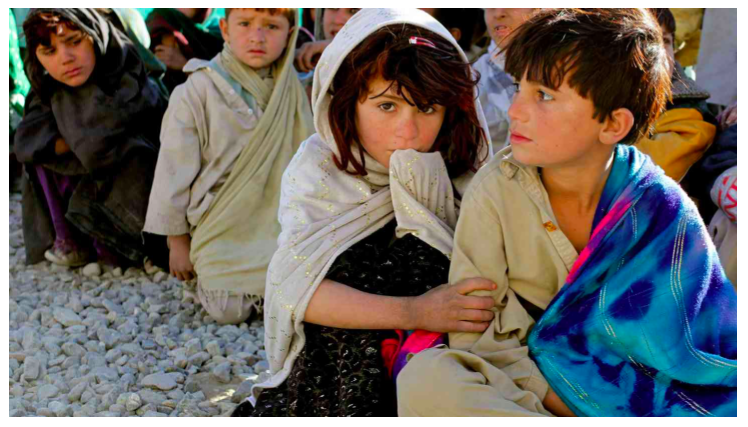3 Countries Report Polio Cases in 2019
 Poliovirus cases reported by Afghanistan, Niger, Pakistan
Poliovirus cases reported by Afghanistan, Niger, Pakistan
New polio cases continue to be reported in Afghanistan and Pakistan during 2019, according to the February 6, 2019
update from the Global Polio Eradication Initiative (GPEI).
Afghanistan and Pakistan each reported 1 new wild poliovirus type 1 (WPV1) cases.
Additionally, the country of Niger reported 1 circulating vaccine-derived poliovirus type 2 (cVDPV2) case in 2019.
These new cases indicate the polio outbreaks are continuing in these 3 countries. If you are traveling to one of these countries, that local government may require you to show proof of polio vaccination prior to exiting that country.
Which means, anyone visiting these countries should be up-to-date with their routine polio vaccination series.
During 2018, the year-end totals are available as follows:
Afghanistan
Niger
Pakistan
Additionally, the Global Polio Surveillance Action Plan (GPSAP) for 2018-2020 online was updated to support endemic, outbreak, and high-risk countries in evaluating and increasing the sensitivity of their surveillance systems.
The GPSAP’s last mile toward polio eradication has been characterized by steep challenges.
The primary challenge has been a lack of access in conflict-affected or security-compromised areas, in hard-to-reach geographies, or in other areas where a lack of community acceptance due to cultural, social, or religious norms have rendered some populations inaccessible to the programme.
And, the polio virus continues to evolve.
Polio is a crippling and potentially deadly disease that affects the nervous system. It is spread through contact with the feces of an infected person. It is also spread by drinking water or eating food that is contaminated with infected feces.
The vaccine-derived poliovirus (VDPV) is a strain of the weakened poliovirus that was initially included in oral polio vaccine (OPV) and that has changed over time and behaves more like the wild or naturally occurring virus, says the Centers for Disease Control and Prevention (CDC).
This means it can be spread more easily to people who are unvaccinated against polio and who come in contact with the stool or respiratory secretions, such as from a sneeze, of an infected person.
For this reason, the eradication of polio requires stopping all OPV in routine immunization, as soon as possible after the eradication of wild poliovirus (WPV) transmission.
To protect Americans against all 3 types of WPV, the CDC has exclusively endorsed the inactivated polio vaccine (IPV), which requires 4 doses, since 2000.
The oral polio vaccine, which is made from a weakened strain of the poliovirus, is given as drops in the mouth.
For specific polio vaccine information please consult the CDC MMWR, "Interim CDC Guidance for Polio Vaccination for Travel to and from Countries Affected by Wild Poliovirus."
For more information on OPV cessation, please visit the Global Polio Eradication Initiative’s website or the Polio Vaccine Information Statement (VIS) for more information.
The CDC has published travel alerts for these countries.
Travel vaccination appointments can be scheduled at Vax-Before-Travel.
Vaccines, like any medicine, can have side effects. You are encouraged to report negative side effects of vaccines to the FDA or CDC.
By: Don Ward Hackett
Source: https://www.precisionvaccinations.com/poliovirus-cases-reported-afghanistan-niger-pakistan









